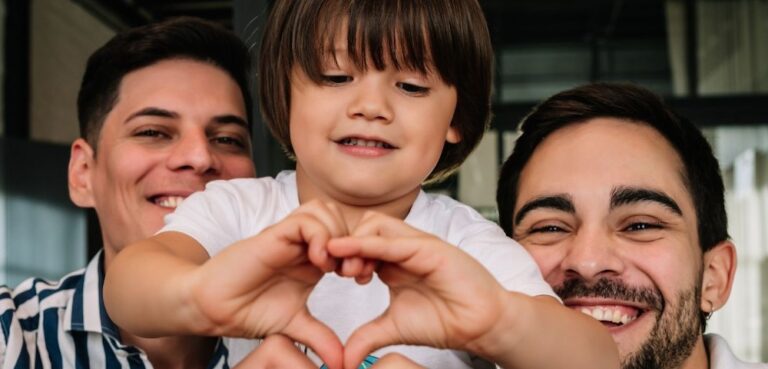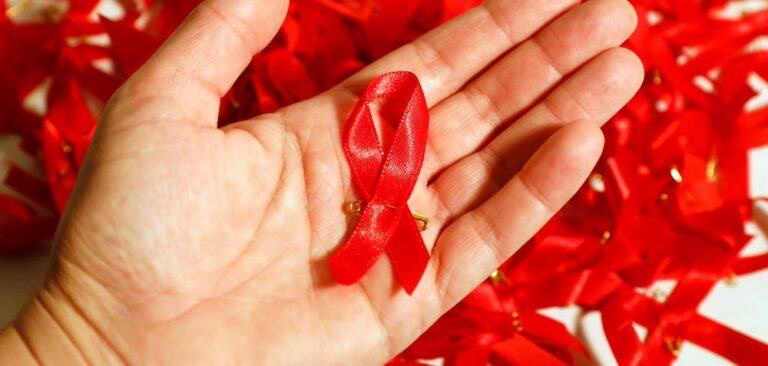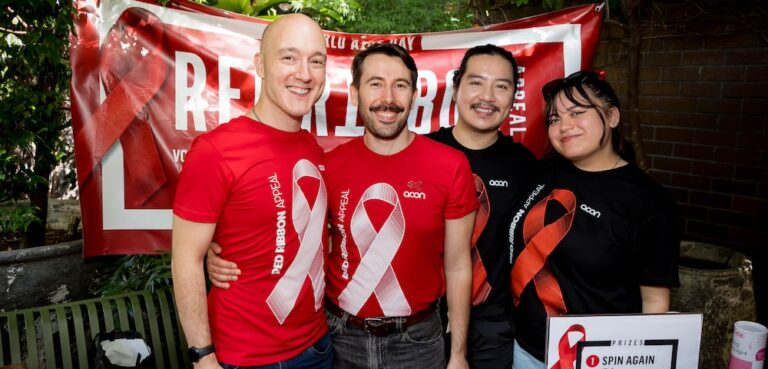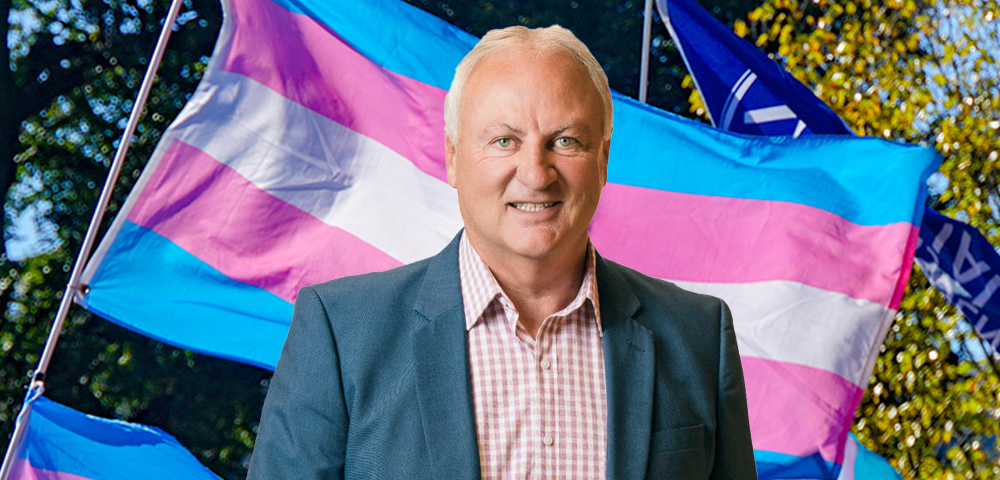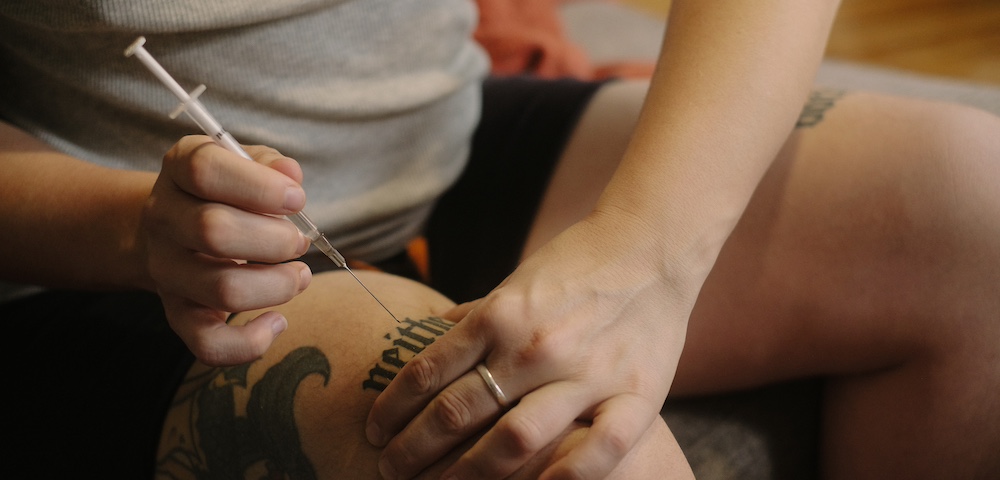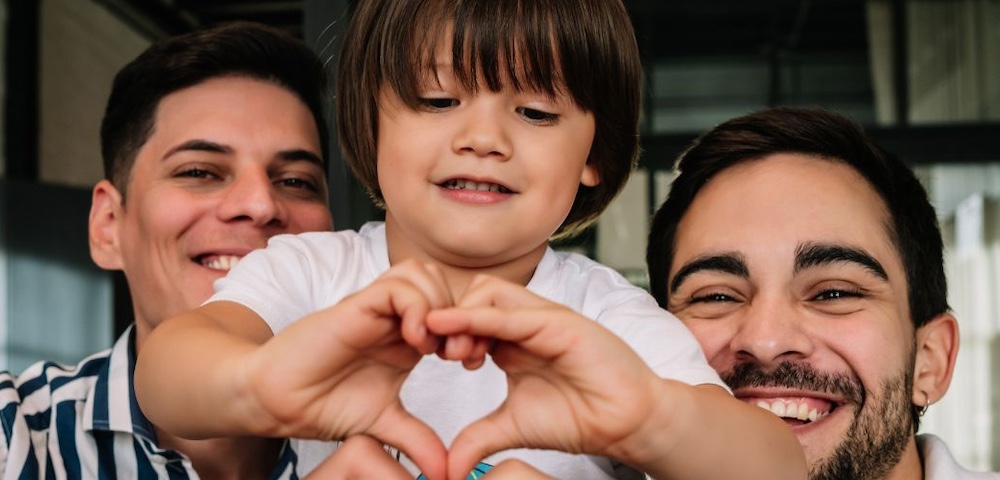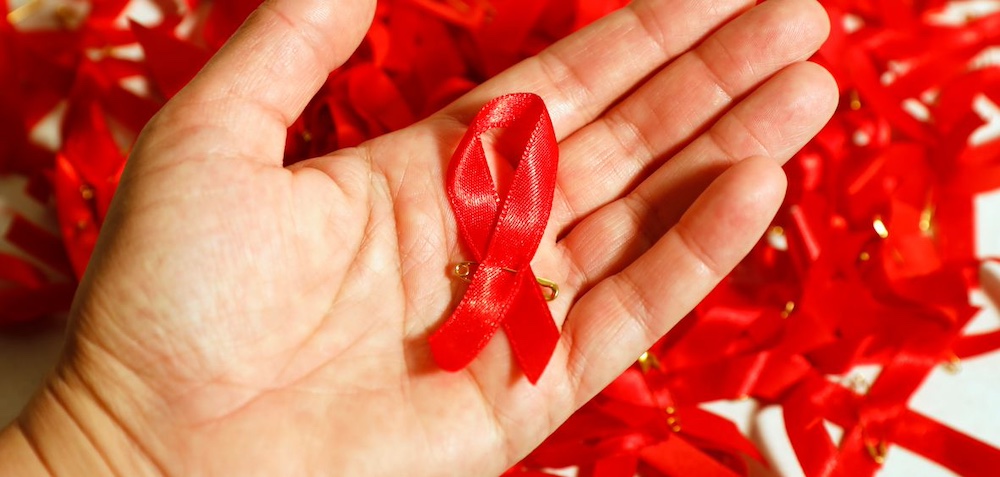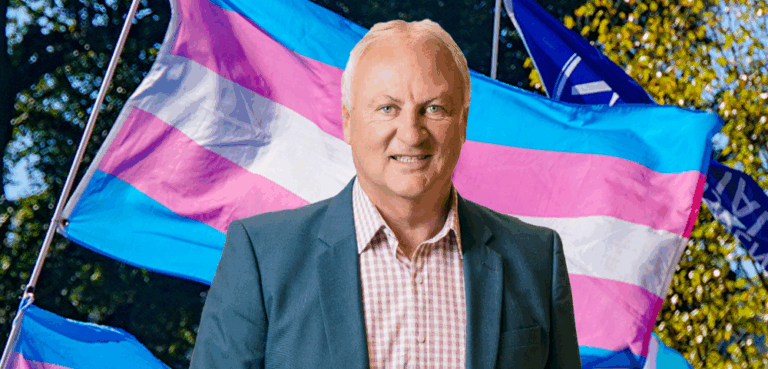
Western Australia needs to start recognising Aboriginal LGBTI people in its health strategy
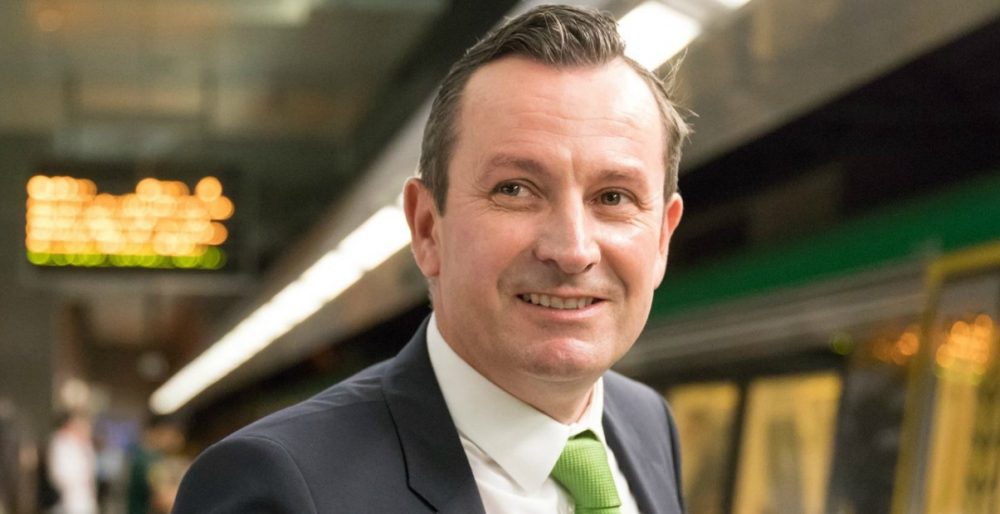
The Western Australian government is currently working on an LGBTI health strategy, but is it inclusive of everyone? Aboriginal LGBTI advocate Esther Montgomery talks health, stigma, and the need for recognition.
***
My name is Esther Joy Montgomery and I’m a Mardudhunera woman from the Pilbara in Western Australia. I live in Southern Cross, a town in regional Western Australia with a population of 400.
I have openly identified as a lesbian woman for 46 years, both in Aboriginal Australia and the mainstream, and have been politically active in Aboriginal, women’s, and LGBTI grassroots activism for more than 40 years.
I’m both passionate and committed to Aboriginal LGBTI people living in rural and remote areas out west, and let me be clear, they are very different to each other.
There are major issues facing Aboriginal LGBTI people in remote areas, including: personal and family trauma, racism, higher levels of chronic diseases, high rates of suicide, and poorer access to health services compared to LGBTI people living in metropolitan Perth. Self harm is also ten times higher than the levels reported in international studies.
I was recently appointed to the reference group for the WA LGBTI Health Strategy.
An expression of interest was advertised to the LGBTI community after Minister for Health and Mental Health Roger Cook made the announcement the government would put together a health strategy in November last year.
It came about after demands from LGBTI people. Our health needs needed to be acknowledged as being as important as the rest of Australia’s.
From an Aboriginal perspective, this is part of closing the gap. We have unfinished business with the Closing the Gap program because Aboriginal LGBTI people have never been mentioned let alone included in the national health scheme’s potential health outcomes.
It has been disastrous.
And unfortunately, while the government has good intentions with the strategy, Aboriginal LGBTI people living in remote areas aren’t getting a seat at the table.
In LGBTI communities, there is never an acknowledgement of Aboriginal LGBTI people, and in LGBTI organisations, the focus is almost always city-based.
When it comes to the new health strategy, these things need to be considered, particularly as many Perth-based organisations receive funding to direct some of their efforts towards regional areas. The lucrative Aboriginal dollar.
Our state government’s past has been notoriously neglectful of Aboriginal LGBTI people; the governments past and present have a dismal track record. So to do Western Australian organisations.
I am pleased that the peak Aboriginal body—the Aboriginal Health Council of WA (AHCWA)—also put in an expression of interest and have a permanent seat.
They have 22 community controlled organisations under their umbrella, and are finally going to address the LGBTI health issues they have ignored for over 20 years.
Has this been deliberate? Yes.
Personally I’m happy that I am on the reference group for my people. I don’t hold back, as there’s no point in just making up the numbers.
Change will only come about by demand and by being committed to addressing the issues.
Aboriginal communities – particularly in regional areas – are the largest consumers of health services in Western Australia, and yet the focus groups for the new strategy don’t include Aboriginal people. Nor are there Aboriginal people on their boards or under their employment.
Given Western Australia holds the largest population of regional communities in Australia, the government needs to make sure its department of health is going to provide an inclusive and competent strategy.
Not every LGBTI person, Aboriginal or not Aboriginal, has a way to travel into the city, and the strategy needs to recognise this with culturally appropriate doctors, outreach opportunities, and accessible health care.
I am openly critical of Aboriginal organisations who blatantly fail LGBTI people and our families, but by the same token feel the need to speak out when Aboriginal and LGBTI people aren’t given a voice, particularly those that don’t live in a city.
We need to improve community engagement and accountability, and many organisations are running out of excuses.
The WA LGBTI Health Strategy is important, because it will hopefully ensure that Aboriginal medical services and mainstream services acknowledge you as an Aboriginal LGBTI person, acknowledge that you matter, acknowledge you will receive the highest medical care, and acknowledge that you are deserving of respect and dignity.
Aboriginal LGBTI people need to be targeted in the strategy because we are the most vulnerable. We face stigma and discrimination internally in Aboriginal Western Australia, and externally in the wider LGBTI community. We are left with substandard health care.
Health should be based around promoting social inclusion, human rights, and justice.
For over 40 years we have been forgotten in Western Australia.
I can see the strategy providing great health outcomes, but it’s not there yet.
Esther Montgomery will be speaking at this year’s LGBTIQ Women’s Health Conference in Melbourne, which runs from July 12 – 13.

